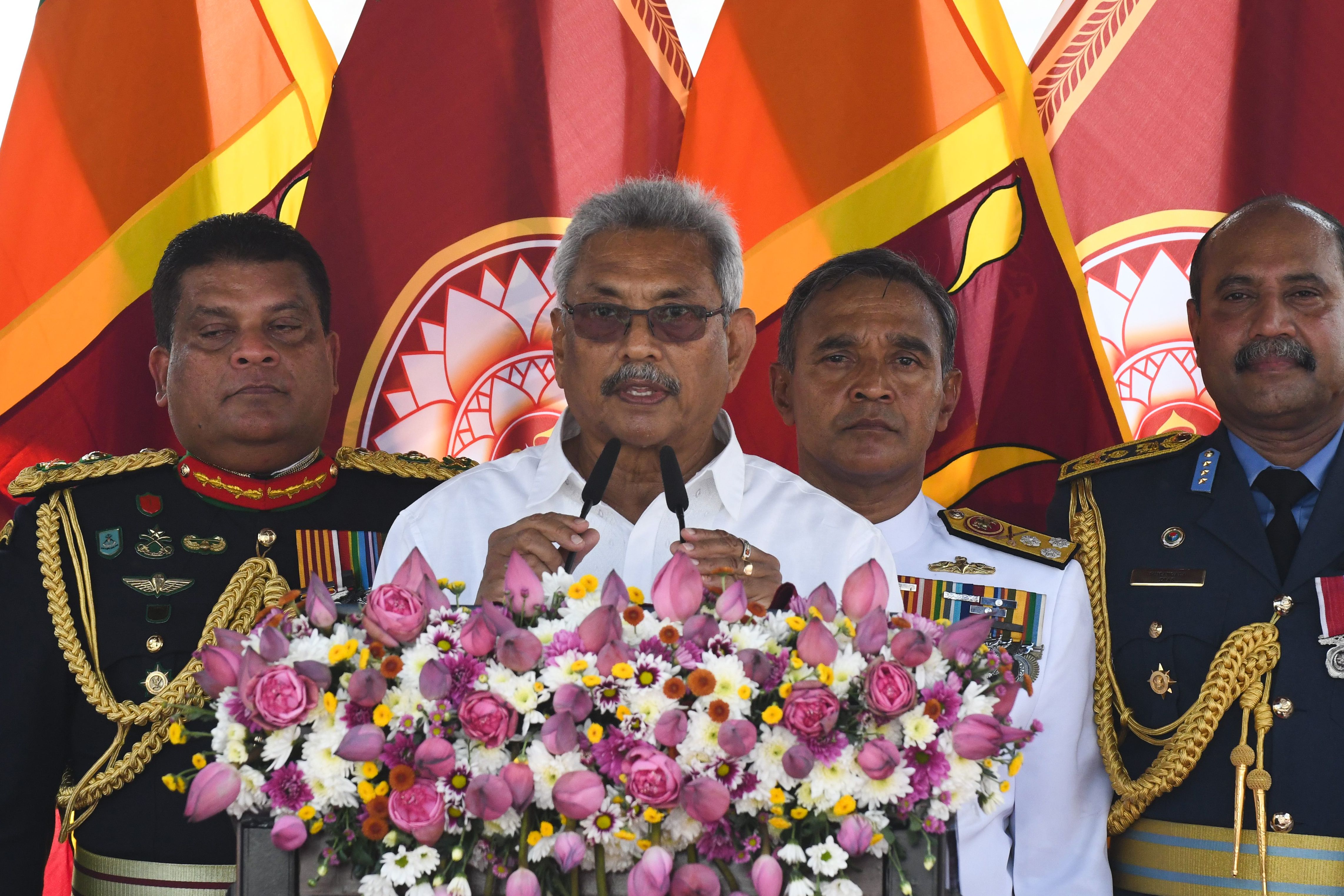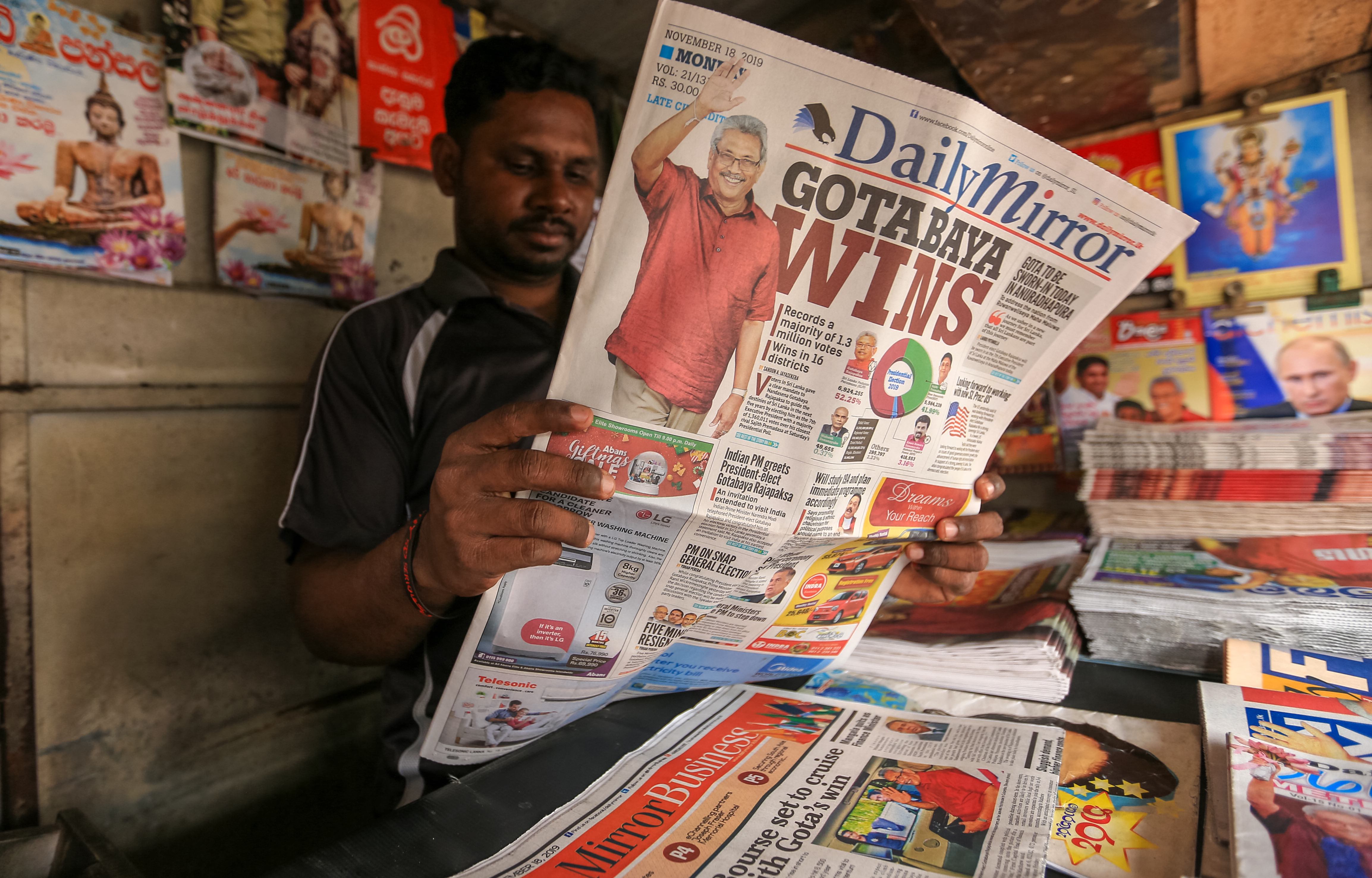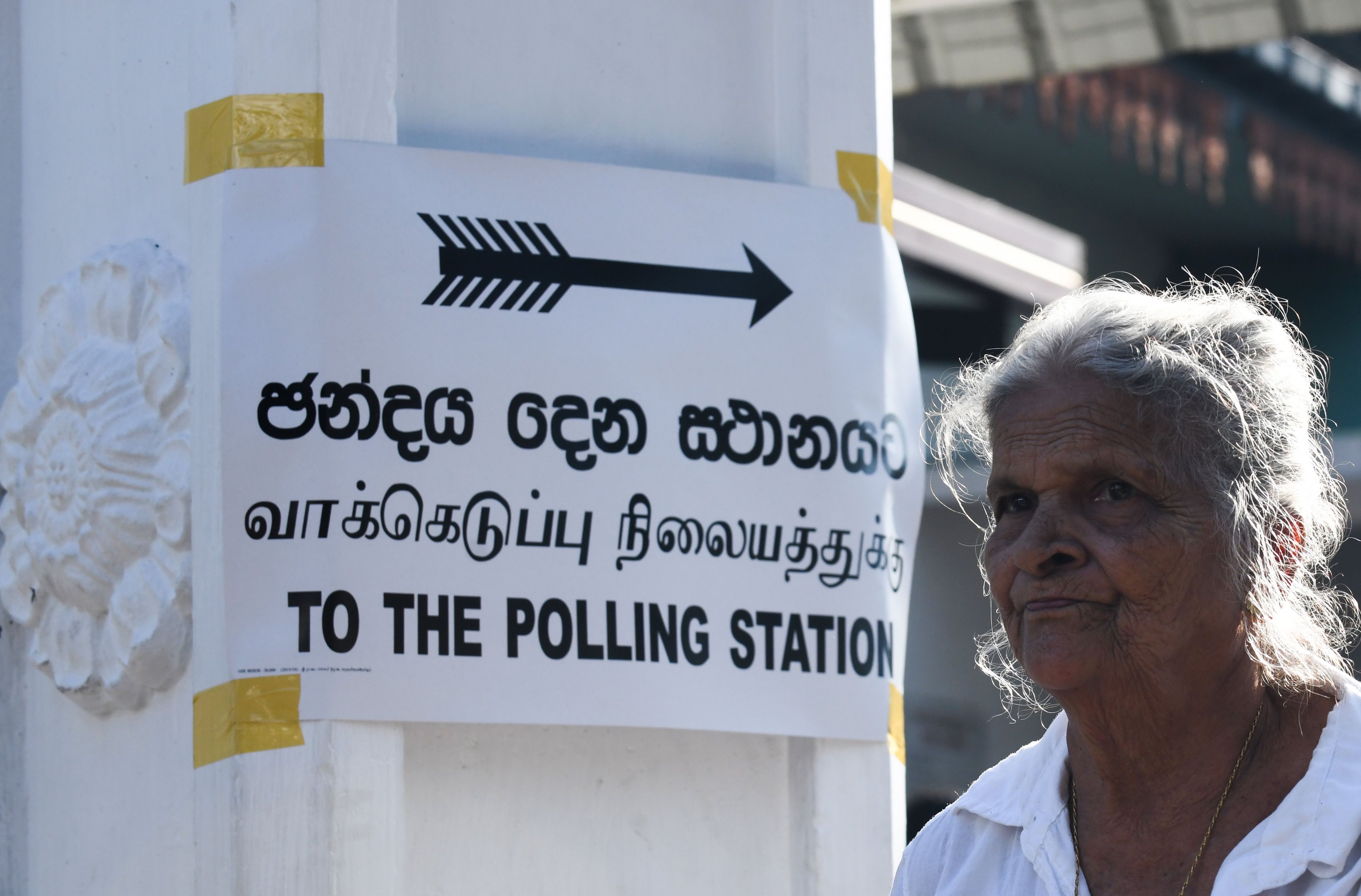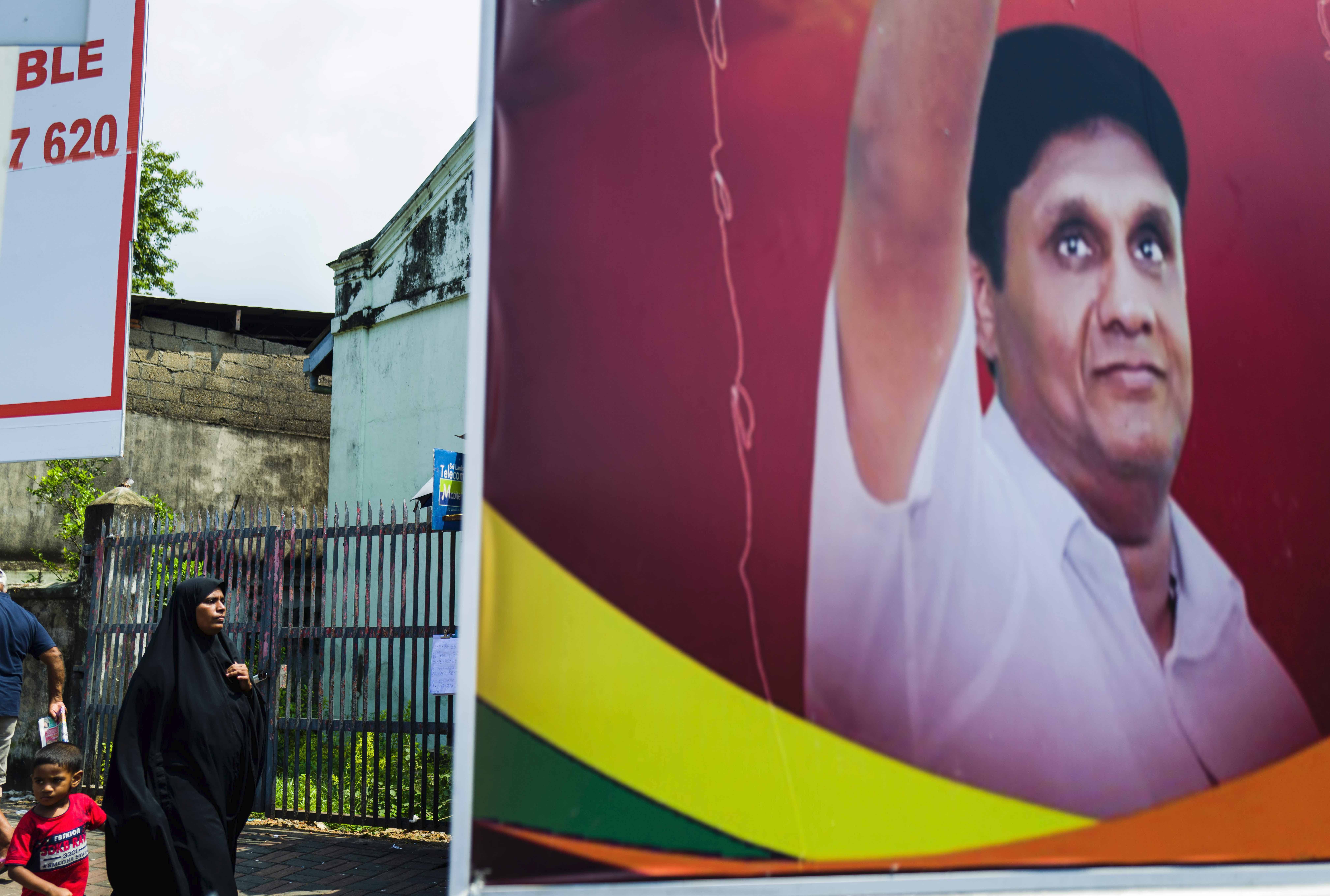
Politics & Society
Malaysia’s remarkable election outcome

In a country riven with ethnic divisions and political violence, voters in Sri Lanka’s recent presidential election chose the strong arm of an authoritarian
Published 20 November 2019
Sri Lanka’s presidential election presented voters with a stark choice between the liberal democratic government’s candidate and a return to the more authoritarian rule of the Rajapaksa family.
It was one of the country’s most free and fair elections to date. Yet, swayed by the politics of fear and ethnic division, voters overwhelmingly chose authoritarianism.

New President Gotabaya Rajapaksa won just over 52 per cent of the vote.
Gotabaya Rajapaksa is the brother of former President Mahinda, serving under his brother as defence minister, where he spearheaded the final defeat of Tamil separatists in 2009, ending 26 years of the civil war.
Gotabaya has also been accused of human right abuses and war crimes.

Politics & Society
Malaysia’s remarkable election outcome
After the war, he led a security crackdown resulting in numerous reports of extra-judicial punishments, torture, and kidnapping – silencing the media and other dissenters.
Many people, ethnic Tamils in particular, now fear his return, and they have good reason to.
But while Gotabaya is the new president, his brother Mahinda is likely to be the real power in Sri Lanka. Mahinda was not eligible to run again as President because of a two-term limit that was reinstated in 2015 after he was voted out amid concerns over his creeping authoritarianism and nepotism.
But these constitutional changes also removed many of the president’s executive powers, and the prime minister is now arguably more powerful than the president.
And who has Gotabaya said he wants to appoint as prime minister? Mahinda.

The story in Sri Lanka is all too familiar globally.
Gotabaya is just the latest in a growing line of authoritarian-leaning nationalist leaders to gain power recently – including Donald Trump in the United States, Xi Jinping in China, Jair Bolsonaro in Brazil and Narendra Modi in neighbouring India.
For Sri Lankans, memories of the civil war and the scars of this year’s Easter Sunday Islamist terrorist bombings that killed over 250 people and sparked communal violence, meant security was at the top of the agenda throughout the election.

Politics & Society
India’s alliance politics
Gotabaya billed himself as the only candidate able to secure the state. He ignored the vote of the Tamil and Muslim minorities and played almost exclusively to the nationalist sentiments of the Sinhalese Buddhist majority who comprise 75 per cent of the population.
The Rajapaksas’ overt nationalism resonates with many Sinhalese Buddhists in the south, which is their main base of support, and it appears to have been enough to secure an outright victory.
The ethnic population distribution has been one of the major reasons that politics in Sri Lanka has tended towards the extreme, as ethnic political parties have sought to outbid each other by appealing to their own ethnic groups – there are more votes to be had by playing on ethnic loyalties rather than on a broader sense of Sri Lankan civics.

Sri Lanka’s preferential voting system for the president is meant to incentivise more moderate politics. But when you win with more than fifty percent in the first round – as Gotabaya did – second or third preferences mean nothing.
In today’s Sri Lanka, extremism pays.
Gotabaya’s main rival, Sajith Premadasa ran on an agenda of inclusion and social welfare. He overwhelmingly won the vote of minority groups, but his message of ethnic harmony, democracy and social rights did not carry the same sway as his opponent’s divisive rhetoric.

Politics & Society
The Philippines is a test case for Asia’s new federalism
The country remains polarised along ethnic lines.
In the North and East, and in Nuwara Eliya, where Tamils or Muslims are in a majority, Gotabaya was soundly defeated. He gained, for example, little more than six per cent of the vote in the Tamil dominated Jaffna Peninsula.
But everywhere else, Gotabaya was dominant.
So, what will this mean for the Tamil minority that is demanding a political solution to their ongoing aspirations for some self-government?
Based on the Rajapaksas’ track record, they can expect to see more Sinhalese settlement in the north and east, an increased presence of security forces and policies that favour Sinhala language and Buddhist religion.
The government will also likely withdraw from the agreement with the UN Human Rights Council to investigate war crimes that are alleged to have occurred at the end of the civil war.

More generally, we can anticipate a strengthening of security laws allowing things like arbitrary detention, military deployment and suppression of dissent, particularly in the media. Some have speculated emergency powers will be normalised and made permanent.
The regime will also likely pivot to China, as a source of investment and diplomatic support, and away from more traditional allies like India.

Politics & Society
Hong Kong: The canary in the coal mine
Tamils should expect no progress on their demands for devolution or federalism – demands which have been summarily rejected by Gotabaya.
The Rajapaksas have been open about their belief that Sri Lanka should be a unitary state for the protection of Sinhalese culture and Buddhism. And Muslims should also be concerned. We know from experience that the Rajapaksas prioritise security over human rights.
This election might not spell the end of democracy in Sri Lanka, but it sure seems like a step along the way.
A version of this article was co-published with Election Watch.
Banner: Newly elected Sri Lankan president Gotabaya Rajapaksa at his swearing-in ceremony/Getty Images